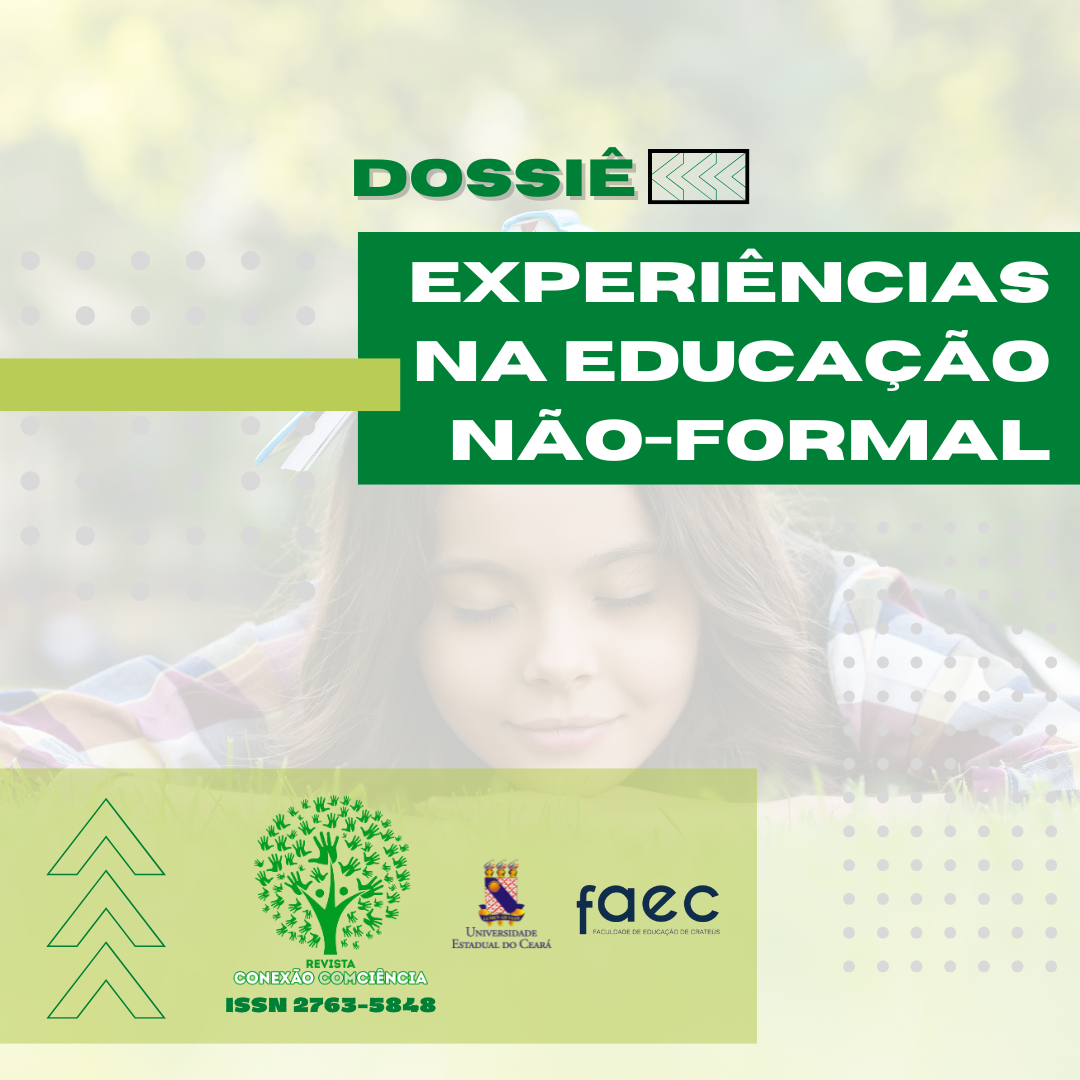A CONTRIBUIÇÃO DE PEDRO CARDOSO, 'SEU ROQUE', NA PROMOÇÃO DA SAÚDE INFANTIL NA ILHA DE SANTANA – AP
Conteúdo do artigo principal
Resumo
O estudo de Pedro Cardoso, ou "Seu Roque", enfatiza a importância das práticas tradicionais de cura na saúde comunitária da Ilha de Santana, Amapá. Seu Roque, como benzedeiro, oferece tratamentos que complementam os serviços de saúde convencionais, desempenhando um papel essencial na promoção do bem-estar e na construção de confiança entre os moradores. Suas habilidades no tratamento de doenças infantis o tornaram uma figura respeitada, refletindo a interconexão entre cultura e saúde. A escolha da História Oral como metodologia é significativa, pois permite uma narrativa mais rica, valorizando vozes frequentemente marginalizadas (Thompson, 1992). Como afirmam Denzin e Lincoln (2006), essa abordagem holística promove uma compreensão mais profunda dos fenômenos sociais. Além disso, a capacidade de Seu Roque de proporcionar conforto emocional e espiritual destaca a importância das relações comunitárias. A descolonização da historiografia, proposta por Dussel (1993), é vital para reconhecer e valorizar saberes locais, desafiando narrativas que frequentemente ignoram essas prática
Detalhes do artigo

Este trabalho está licenciado sob uma licença Creative Commons Attribution 4.0 International License.
Referências
BRANDÃO, C. R. O que é Educação Popular. São Paulo: Brasiliense, 2006.
CHAKRABARTY, Dipesh. Postcoloniality and the artifice of history: who speaks for ‘Indian’ pasts? Representations, n. 37, p. 1-26. Special Issue: Imperial Fantasies and Postcolonial Histories. University of California Press, 1992.
DUSSEL, Enrique. O encobrimento do outro: a origem do mito da modernidade. Petrópolis-RJ: Vozes, 1993.
DENZIN, N. K.; LINCOLN, Y. S. Introdução: a disciplina e a prática da pesquisa qualitativa. In: DENZIN, N. K.; THOMPSON, Paul (Org.). A voz do passado: história oral. Rio de Janeiro: Paz & Terra, 1992.
FRICKER, Miranda. Epistemic Injustice: Power and the Ethics of Knowing. New York: Oxford University Press, 2007.
GUHA, Ranajit. History at the limit of World-History. New York: Columbia University Press, 2002.
HAMPATÉ BÁ, Amadou. A tradição viva. In: KI-ZERBO, Joseph (Ed.). História Geral da África, I: Metodologia e pré-história da África. 2. ed. Brasília: UNESCO, 2010.
KRENAK, Ailton. Futuro Ancestral. São Paulo: Companhia das Letras, 2022.
OLIVEIRA, Luiz Fernandes de. Da ancestralidade à opção decolonial: O que aprendemos com nossa própria história. Revista LEPH, v. 1, p. 22-42, 2022.
PEREIRA, Nilton Mullet. Ensino de História e resistência: notas sobre uma história menor. In: PAIM, Elison Antonio (Org.). Patrimônio Cultural e Escola. 1. ed. Florianópolis: NUP/CED/UFSC, 2017. p. 227-246.
QUIJANO, A. Colonialidade do poder e classificação social. In: SANTOS, B. S.; MENESES, M. P. (orgs.). Epistemologias do Sul São Paulo: Cortez, 2010. p. 84-130.
MIGNOLO, Walter. O controle dos corpos e dos saberes. Entrevista com Walter Mignolo. Tradução de André Langer. Revista IHU, São Leopoldo, jul. 2014. Disponível em: http://www.ihu.unisinos.br/noticias/533148-o-controle-dos-corpos-e-dos-saberes-entrevista-com-walter-mignolo. Acesso em: 05 abr. 2023.
SPIVAK, Gayatri Chakravorty. Pode o subalterno falar? Belo Horizonte: Editora UFMG, 2014.
THOMPSON, Paul. A voz do passado: história oral. Rio de Janeiro: Paz & Terra, 1992.

